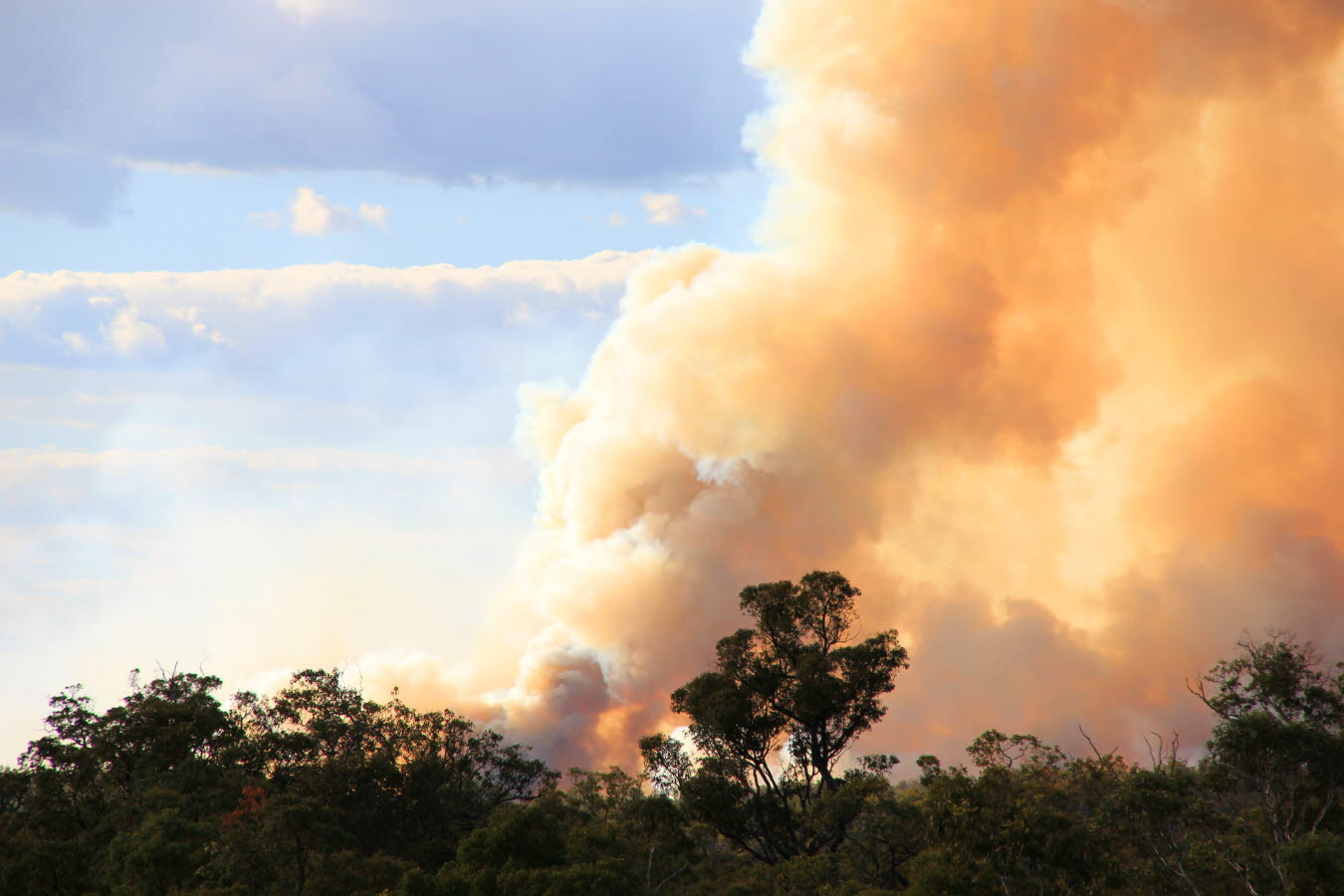
Natural disasters can occur at any time, anywhere in the world. They generally result in considerable damage to the environment and a significant loss of life. Floods, fires, droughts, tsunamis, cyclones, hurricanes, earthquakes, volcanic eruptions and landslides can all wreak havoc and can have catastrophic consequences on a community.
While the primary objective in any natural disaster is to conserve human life, the protection of animal life is also critical. Veterinarians play an essential role in this, managing several necessary tasks before, during, and after a natural disaster. These tasks might include using their unique training and clinical skills to help care for domestic pets, livestock and wildlife as well as helping to reduce the transmission of infectious disease. Their roles may also include the following:
Animal health care
Veterinarians may be involved on the front line, providing critical medical care to injured animals including pets, livestock and wildlife. Work may occur in temporary veterinary clinics and hospitals to help triage patients and provide life-saving veterinary assistance.
Search and rescue
An essential part of any response during any natural disaster is the search and rescue of displaced animals. Veterinarians may be called upon to provide their expertise during complicated rescue procedures.
Control of disease transmission
Veterinarians may provide knowledge and expertise surrounding the way certain diseases are transmitted. Awareness and the education of community members is an essential way to help to prevent transmission of illness and helps protect human life too.
Herd management
Management of displaced or injured animals in a herd is a crucial role for veterinarians in a natural disaster. Veterinarians, for example, may assist in the treatment of dairy cattle suffering due to a change in their milking schedule.
Animal control and euthanasia of animals that are suffering
Veterinarians may be called upon to assist in the management of lost and aggressive animals. They may also be required to help assist in the assessment of injured livestock and wildlife and perform euthanasia to help relieve suffering. An example of this is the veterinarians who helped assess livestock and wildlife affected by the bushfires in Australia over summer 2019-2020. Veterinarians euthanased a large number of cattle, sheep, kangaroos and koalas that had suffered extensive burns.
Maintenance of medical supplies
Veterinarians can provide and distribute medical supplies in times of need. They are also able to provide support to local communities that may be suffering from a shortage of medical supplies.
Information dissemination
Veterinarians are respected professionals and can be relied upon to provide accurate and up to date information. Following a natural disaster, vets may be called upon to ensure the most appropriate information is shared.
Pre-disaster assessment and pre-planning
Veterinarians greatly assist in planning for disasters in the future. Their knowledge and expertise can help to provide a plan for procedures such as evacuations and vaccination protocols during times of disease outbreak. Pre-planning can significantly help to reduce both human and animal fatalities in the future.
Reference:
Moore, R., Kaczmarek, R., & Davis, Y. (1991). Natural Disasters: The Role of the Veterinarian. Prehospital and Disaster Medicine, 6(2), 265-270. doi:10.1017/S1049023X00028399
